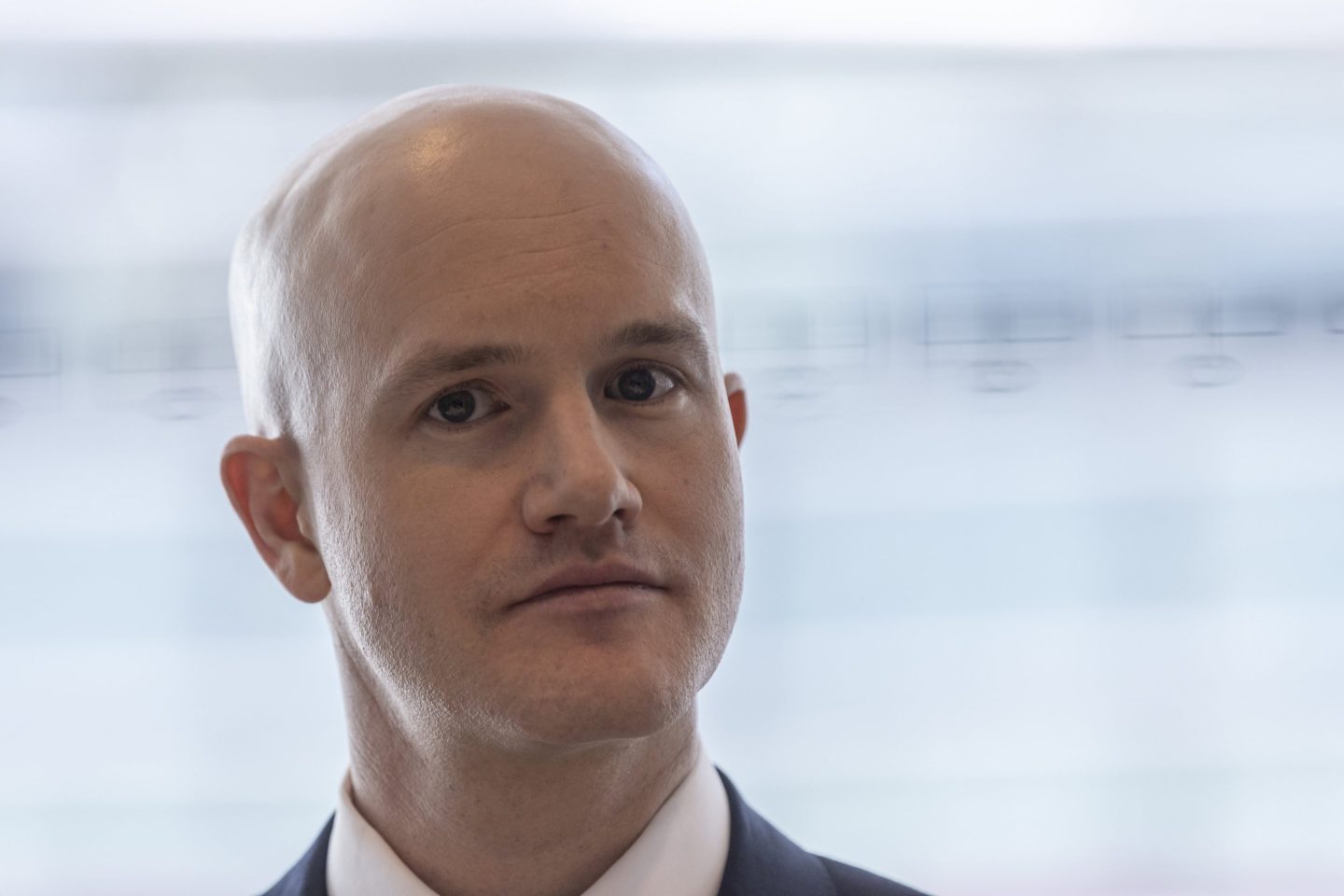Coinbase is a company I’ve reported on since 2013, back when it was a small start-up and Bitcoin sold for under $100. Unsurprisingly, it is a wildly different place today—a publicly traded Fortune 500 company with thousands of employees and far-flung operations across the globe. But one thing has remained constant: Founder and CEO Brian Armstrong remains very much in charge.
Like every chief executive, Armstrong has to rely on lieutenants not just to carry out his vision for the company but for advice and friendship. And while his own role at Coinbase has not changed, the team around him has evolved significantly—not only are the executives from the early days long gone, but their successors have come to their jobs with very different priorities. That’s why I decided to write an article called “7 People with power at Coinbase.”
Yes, these sort of lists are subjective, but they can still provide useful insight into a company. In the case of Coinbase, it’s notable that his two top lieutenants, COO Emilie Choi and CFO Alesia Haas, are women—a big departure from the all-male early days of Coinbase and one that’s coincided with the company enjoying a greater degree of stability than ever before.
Meanwhile, the people with influence at Coinbase today are nearly all pragmatists from the corporate world who came to crypto well into their careers. This is a far cry from Coinbase’s startup years, when true believers, who had lived and breathed Bitcoin since near the beginning, dominated the company. This has been a good thing for the most part. Elevating practical executives over ideologues allowed Coinbase to become a public company and to increase dramatically its reach and influence. Crypto purists might hate what Coinbase has become (though many of them also hated it from the start), but they can’t deny the firm has been a huge boon to the broader crypto industry.
The corporate nature of Armstrong’s executive team also comes with a drawback, though. Building a crypto firm is an act of faith, and it’s unclear whether someone who lacks the deep belief of Armstrong and those like him could preserve Coinbase’s capacity to innovate. That said, note that my list of people with power at Coinbase includes Jesse Pollak, a semiautonomous engineer who lives and breathes crypto and has been instrumental in building Base, a decentralized blockchain. It shows that, for now, some of Coinbase’s startup spirit remains intact.
Jeff John Roberts
jeff.roberts@fortune.com
@jeffjohnroberts
DECENTRALIZED NEWS
Polychain, DCG, and others have quietly invested hundreds of millions into Bittensor, a startup that is using Bitcoin-style mining incentives to supply AI-related services. (Fortune)
The Justice Department has reportedly pulled back from its plan to select Sullivan & Cromwell to serve as the monitor in the Binance settlement because of FTX-related controversy. (Bloomberg)
Hong Kong regulators approved Bitcoin and groundbreaking Ether ETFs, but experts don't expect much demand since mainland Chinese can't buy them. (Fortune)
Sens. Elizabeth Warren and Chuck Grassley sent a letter to the head of the CFTC demanding he fully account for his email and text communications with FTX. (CoinDesk)
The feds charged a Nebraska fan with fraud for “crypto-jacking” two large cloud providers in order to mine Ether, Litecoin, and other tokens. (The Block)
MEME O’ THE MOMENT
This is the web version of Fortune Crypto, a daily newsletter on the coins, companies, and people shaping the world of crypto. Sign up for free.














